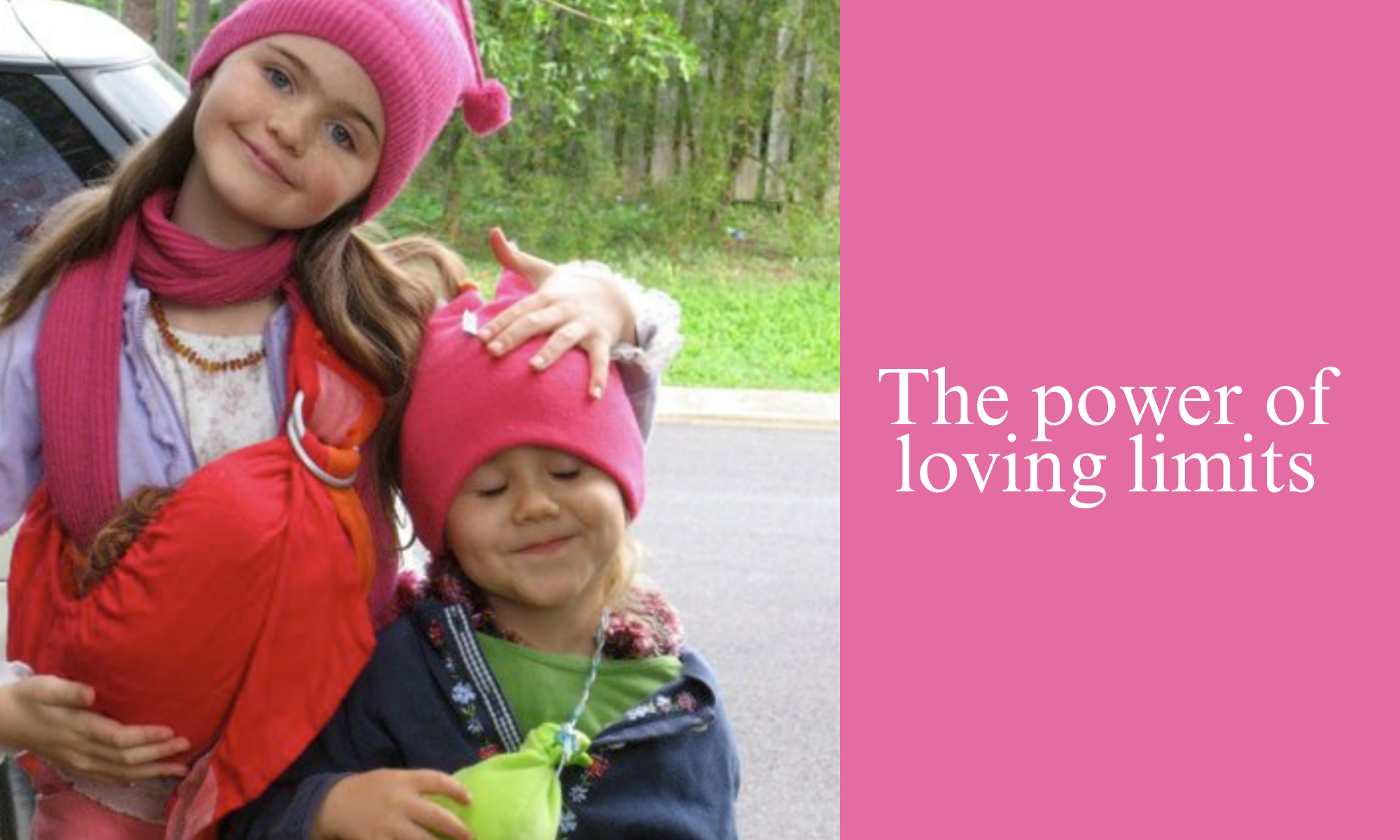When children have a lot of painful feelings bubbling to the surface that they’re needing help to express, they will often start acting in agitated ways.
They might repeatedly ask for something, and when we give it to them, they want something else.
They might having a ‘whining’ tone, and whatever we do to help meet their needs, that whine just intensifies.
They might ask for things in increasingly intense and agitated ways, even though we are doing what they ask.
With experience in Aware Parenting, we can recognise that they aren’t, in fact, communicating unmet here and now needs.
What’s really going on for them is that they have painful pent up feelings that they need our help with to release.
Doing things to meet the apparent needs, when it becomes clear that there aren’t unmet needs in the moment, generally leads to two things:
Firstly, their feelings bubble more and more to the surface, so they’re more and more desperate to let those feelings out, so they become more and more agitated, asking for more and more things in more intense ways.
Secondly, we will often get more frustrated, doing everything we can to meet their apparent needs, and they’re the opposite of fulfilled and satisfied. We are likely to become even MORE frustrated if we are telling ourselves harsh things, such as they are “whining” or being “demanding” or “ungrateful”.
Our feelings can become even bigger if we also have unmet needs in the here and now, such as for support, community, ease, empathy, and all the needs that are commonly unmet for parents in the Disconnected Domination Culture (a Marion Method term).
And even bigger feelings can bubble up if we’re reminded of our own childhood, and if we needed to the one who took responsibility for everyone else’s needs, feelings, and behaviours, and we’re being reminded of how we felt back then, and how it never led to us actually getting our real needs met.
That’s when it’s common that we might react harshly with our child.
Talking with a dear Mentee today, I remembered the day nearly 20 years ago that I realised something about loving limits.
As soon as I recognised that my daughter had accumulated feelings that she was trying to release by asking for lots of things, that right there and then was the point to offer the loving limit.
To say no to the behaviour, and a loving yes to the feelings causing the behaviour that she was actually needing my help to express.
Waiting for hours until offering the loving limit often meant that by then, I couldn’t really offer it lovingly.
I wasn’t able to embody that deep compassion for her feelings, because I was by then consumed by my own.
And so the loving limit wasn’t even helpful. Rather than helping her release her painful feelings, I’d just added a whole lot more painful ones on the top.
From that day onwards, I aimed to offer the loving limit as soon as I saw that she was needing help to express her feelings, and I continued that once my son was born.
Loving limits are so incredibly powerful and helpful in parenting.
We can offer loving limits when a child is:
Hitting, pushing, taking, or throwing;
Clearly doing things that they know that we don’t want them to do;
Suppressing their feelings in ways we’ve taught them (e.g. a dummy);
Asking us to suppress their feelings (e.g. with breastfeeding);
In all of those situations, our child is asking for our help.
Help to feel safe, and to know that their big feelings are welcome.
When we offer the loving limit, saying a loving no to the behaviour and a compassionate yes to the feelings that are causing the behaviour, they can return to feeling deeply relaxed and present.
If you want to understand more about the beauty and power of loving limits, I have a Loving Limits Deep Dive.
Much love,
xoxox
